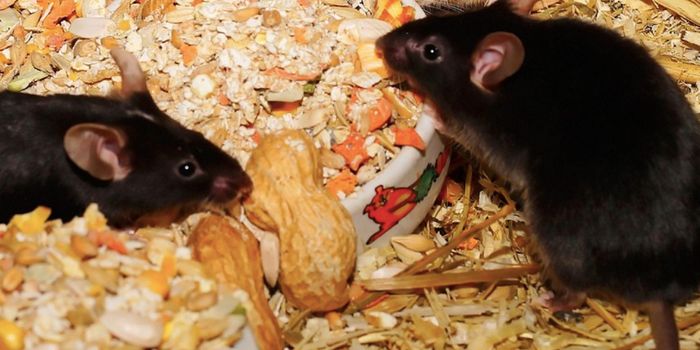How plants produce their own aspirin to protect themselves from environmental hazards
A recent study from the University of California, Riverside (UCR) and published in Science Advances discusses how plants can protect themselves from environmental dangers such as insects, drought and heat by producing salicylic acid, commonly known as aspirin. This study is intriguing since it gives insight into how plants might be able to survive under the increasing stress brought on by climate change.
For the study, the researchers examined the stress responses in the cells of a model plant called Arabidopsis and hope they can apply their findings to better understand other kinds of plants, including plants grown for food.
"We'd like to be able to use the gained knowledge to improve crop resistance," said Jin-Zheng Wang, UCR plant geneticist and co-first author on the new study. "That will be crucial for the food supply in our increasingly hot, bright world."
Under environmental stresses such as increased temperatures caused by climate change, all living organisms experience the formation of reactive oxygen species, or ROS. An example of ROS in humans, specifically human skin, is freckles or sunburns that occur without the aid of sunscreen.
Like most substances, moderation is key, and ROS in low amounts can serve an important purpose in plant cells.
"At non-lethal levels, ROS are like an emergency call to action, enabling the production of protective hormones such as salicylic acid," Wang said. "ROS are a double-edged sword."
The researchers discovered that when Arabidopsis was exposed to hazards such as heat, drought, or sustained sunshine, this caused the sugar-making mechanism within the plant cells to produce an initial alarm molecule known as MEcPP. Accumulation of MEcPP in plants results in the production of salicylic acid, or aspirin. It’s this aspirin that protects the chloroplasts of plants, which are a vital component as they are responsible for photosynthesis, the fundamental process that uses light to convert water and carbon dioxide into sugars for energy.
"It's like plants use a painkiller for aches and pains, just like we do," said Wilhelmina van de Ven, UCR plant biologist and co-first author on the study.
What future protective measures will we discover that plants can take to protect themselves from the effects of climate change? Only time will tell, and this is why we science!
Sources: Science Advances
As always, keep doing science & keep looking up!









